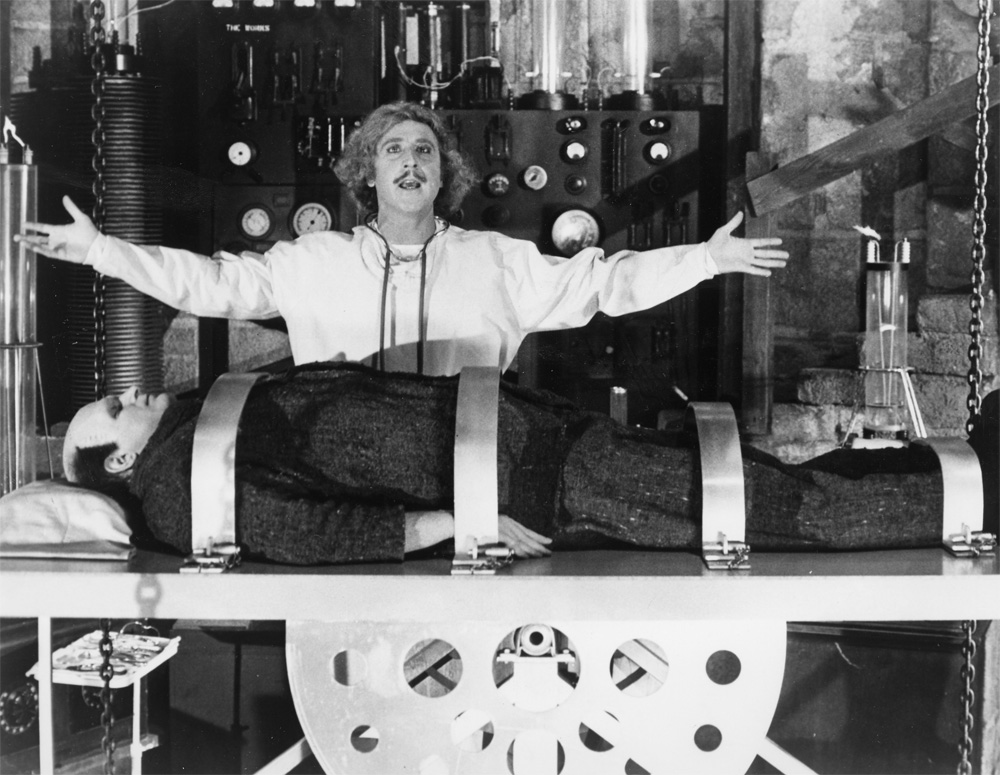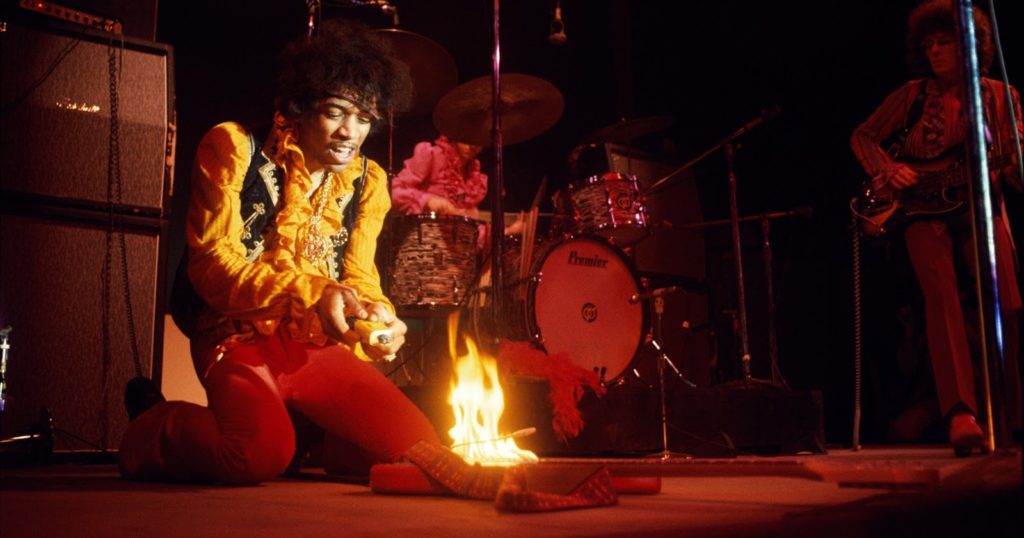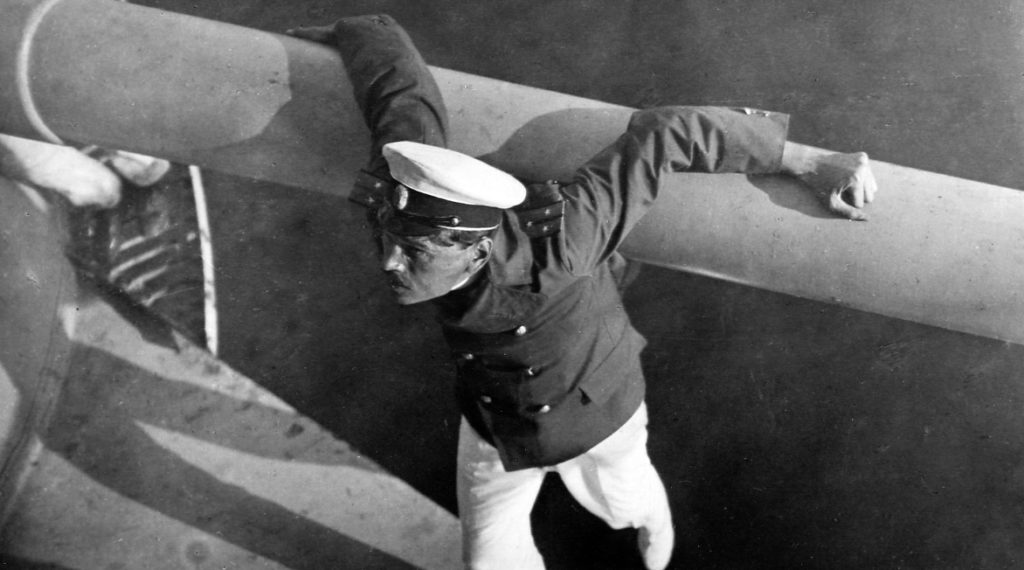On Monday, June 26th, on the ‘most beautiful cinema screen in the world’, Bologna’s Piazza Maggiore, the most enthralling visual symphony on the concept of revolution will shine once again: Battleship Potëmkin by Sergej Ejzenštejn, with Edmund Meisel’s original score performed by the Filarmonica del Teatro Comunale di Bologna, conducted by Helmut Imig.
On Wednesday, June 28th, King Vidor’s The Patsy will also be screened. A sensation among the last of the American silent comedies and a compelling testing ground for the talent of Marion Davies, it will be accompanied by Maud Nelissen’s score performed by The Sprockets.
A rousing evening on Friday June 30th with the master of deadpan comedy Buster Keaton in Steamboat Bill, Jr. The masterpiece was restored as part of the Keaton Project and features a score written and conducted by Timothy Brock and performed by the Orchestra del Teatro Comunale di Bologna.
The search for lost time, which captivated audiences in recent editions, continues in Piazzetta Pasolini. Three screenings using carbon projectors: Nikolaus Wostry of the Austrian Film Archive will present a program of films screened using a vintage hand crank projector; the Austrian guitarist Florian Kmet will accompany Die kleine Veronika by Robert Land; and finally, Addio giovinezza by Augusto Genina, accompanied by Daniele Furlati on the piano and Franck Bockius on drums.





